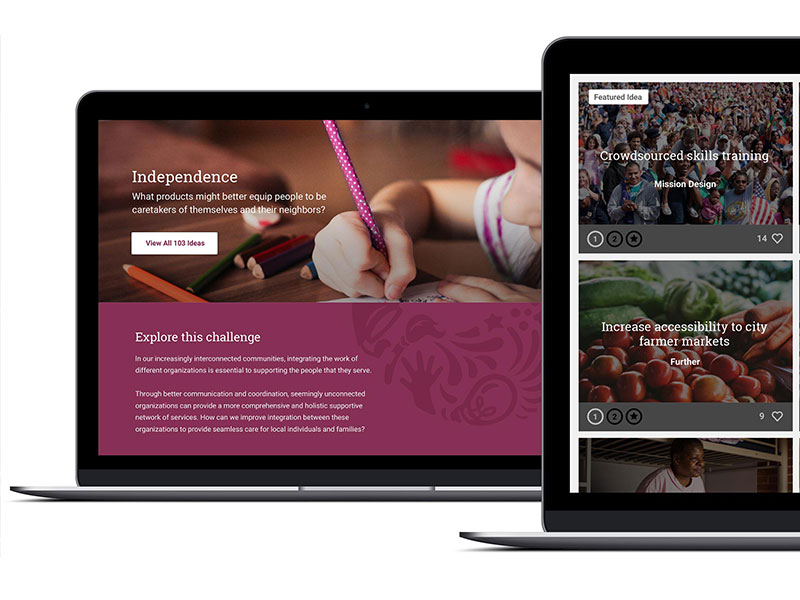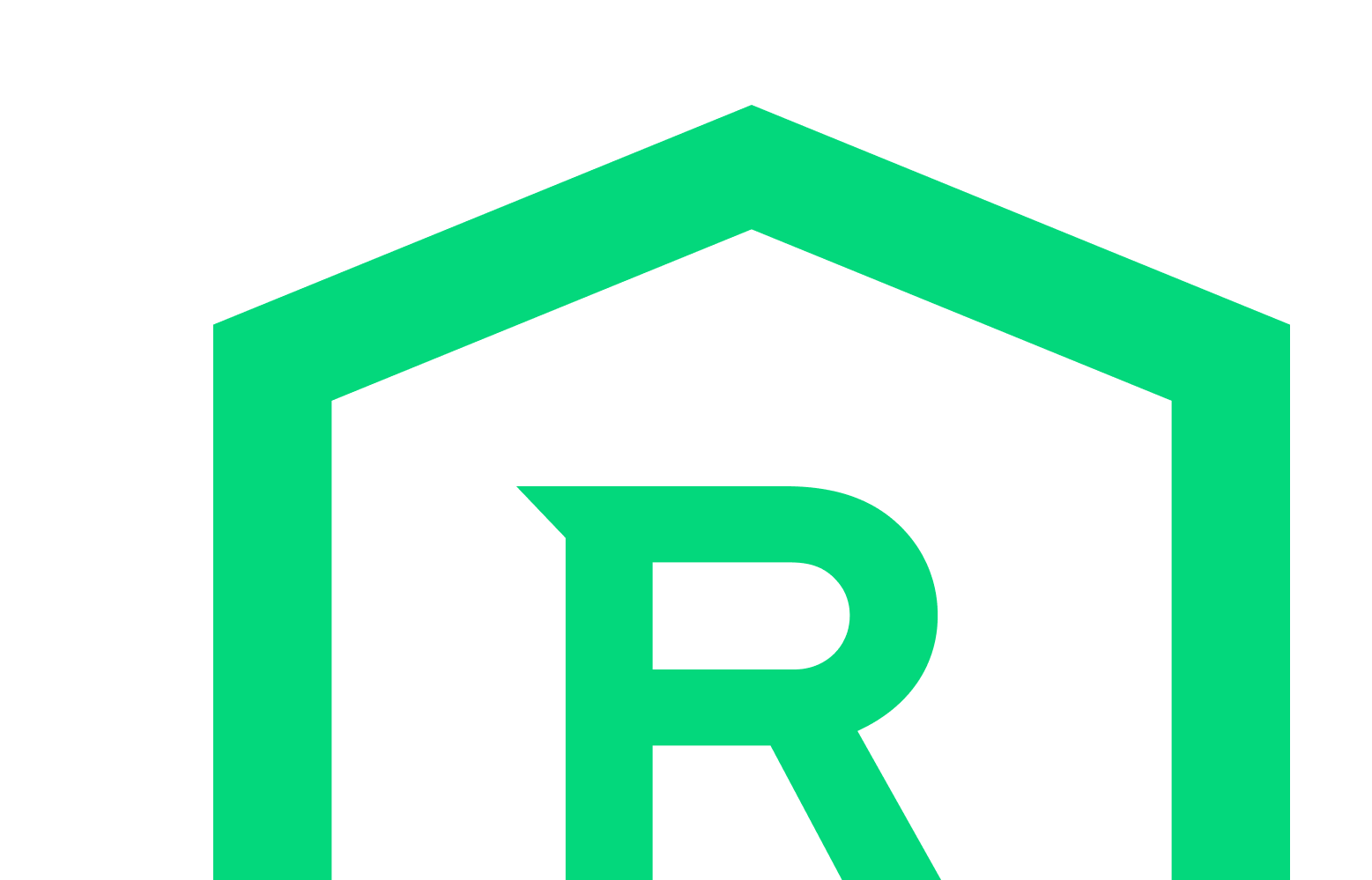
Web Application Development
At Roket, we focus on building custom web apps that help your business improve operations, engage customers, and scale.
Web application development involves creating software applications that run on a web server and can be accessed through a browser. Unlike traditional desktop applications, or mobile apps, web apps do not need to be installed on a device. They provide functionality over the internet, making them available from anywhere.
Types of Web Application Development
Web apps come in various forms, and the type you choose depends on your business goals and user needs:
- Static Web Applications: These are simple applications that display fixed content. They are cost-effective but lack the interactivity a real data-driven app provides.
- Dynamic Web Applications: These apps are more interactive and data-driven. They pull information from databases and adapt content in real time.
- Single-Page Applications (SPA): Built with frameworks like React, SPAs provide smooth user experiences by updating content without reloading the page.
- Progressive Web Applications (PWA): PWAs combine features of web and mobile apps, offering offline access, push notifications, and performance similar to native apps.
- E-commerce Applications: These apps are designed to handle transactions, manage products, and support secure payment gateways.
When we begin chatting, we can assess your needs and recommend the right approach, whether it’s a simple static app or something more complex.

Web Application Development Process
Building a high-performing web app requires more than just coding. Our process ensures your project is structured, efficient, and focused on results:
Mission Planning: First step in any project at Roket is our proven, client-inclusive Mission Planning process that removes guesswork and sets every project on a clear path to success. By combining stakeholder insights, competition research, and defined goals, we create a tailored roadmap that drives smarter design, development, and results.
Design & Prototyping: Once the Mission Plan is complete, our user experience designers focus on the user experience. We map user journeys, outline flows for each screen, and create wireframes to examine functionality. From there, we refine high-fidelity prototypes that incorporate brand elements, interactions, and visuals. This stage is highly collaborative, welcoming feedback so the final design connects with both your team and your users.
Development: With a confirmed design, our software development agency starts building the application using modern frameworks like React, Vue, or Node.js. We use a modular, scalable approach, adding features that meet today’s needs while also allowing for future growth. Every line of code is written with performance, security, and flexibility in mind. This ensures your app is strong behind the scenes and looks great on the surface.
Testing & Quality Assurance: Before launch, every feature goes through thorough testing. We check performance across different browsers and devices, identify and fix bugs, and improve speed and usability. Our QA process makes sure your app works perfectly in real-world conditions, providing a consistent and reliable experience for every user.
Deployment & Maintenance: Launching isn’t just about hitting a button. It’s a thoughtful process designed to minimize any hiccups and make sure everything runs smoothly. We approach deployment with care, walking you through the live platform while offering the documentation your team might need. And our job doesn’t stop once it’s live. We keep an eye on things, rolling out updates and making improvements to ensure your app remains secure, efficient, and aligned with your business goals well after the launch.

Benefits of Web Application Development
Developing web applications benefits businesses by improving both operational efficiency and the user experience. One major advantage is cross-platform compatibility, allowing the app to run smoothly on desktops, tablets, and smartphones without needing separate versions for each. A app design firm ensures these applications are optimized for all devices while maintaining consistent performance. Maintenance and updates are simplified since everything is handled on the server, giving users immediate access to the latest version. Web apps are also more cost-effective because a single application can cover multiple platforms, reducing development and upkeep costs compared to native apps. A skilled web app design firm designs solutions that scale easily, accommodating growing user numbers, increased traffic, and new features as your business evolves. Another key benefit is enhanced engagement—features like push notifications, personalized experiences, and fast performance drive happier users and stronger customer loyalty, all achieved through the expertise of a dedicated web app design firm.
Frameworks We Use
Modern frameworks accelerate development while ensuring reliability and scalability. Roket uses technologies including:
React (react.dev) Ideal for creating responsive SPAs with smooth user experiences.
Angular (angular.dev) Suitable for large, enterprise-level apps with complex data needs.
Vue.js (vuejs.org) Lightweight and flexible, perfect for projects that require rapid development.
Node.js (nodejs.org) Facilitates efficient server-side programming and real-time capabilities.
Drawbacks of Low-Code/No-Code Platforms
While tools like Base44 or Lovable offer quick results with minimal coding, they come with significant limitations. Templates often restrict innovation and prevent the creation of unique features, while scalability issues make it difficult for these platforms to support complex business needs. Relying on third-party providers can also introduce security concerns, leaving apps vulnerable to threats. Then there's the subscription fees and add-ons that make these platforms less afforable than they initially appear. For businesses looking to grow in the long term, a fully custom-built web app is the wiser choice.
Roket ensures your solution is tailored, secure, and able to scale. Roket’s web app development services integrate strategy, design, and technology to deliver high-performing applications that help businesses get further, faster.
FAQ: Web App Development Service
How long does it take to develop a web application?
The timeline for developing a web app depends on the project’s complexity, the number of features, and the resources available. On average, a fully functional web application can take anywhere from 4 to 6 months. However, this duration may be shorter or longer depending on requirements. A simple application with basic features may be completed in a few months, while a complex, enterprise-level application with advanced functionalities could take closer to six months. Partnering with an experienced web app design firm like Roket ensures a structured development process that keeps your project on track and on schedule.
What are the typical costs associated with web app development?
The cost of developing a web application depends on complexity, approval speed, and the technologies used. Generally, a basic application can range from $25,000 to $50,000, while more complex applications with advanced features and integrations may cost $50,000 to $150,000 or more. As a professional web app design firm, Roket works closely with clients to provide accurate estimates and ensures the project stays within budget while delivering a high-quality solution.
How do I choose the right technology stack for my web application?
Choosing the right technology stack is critical for scalability, security, and performance. Decisions depend on factors like application type, expected user load, integration needs, and maintenance plans. For example, modern frameworks such as React, Angular, or Vue are common for front-end development, while Node.js, Python/Django, or Ruby on Rails are popular for the back-end. Database choices—SQL, NoSQL, or cloud-based solutions—also impact performance. By partnering with a skilled web app design firm, Roket analyzes your project’s specific needs and goals, then recommends a technology stack that balances flexibility, performance, and long-term scalability.


